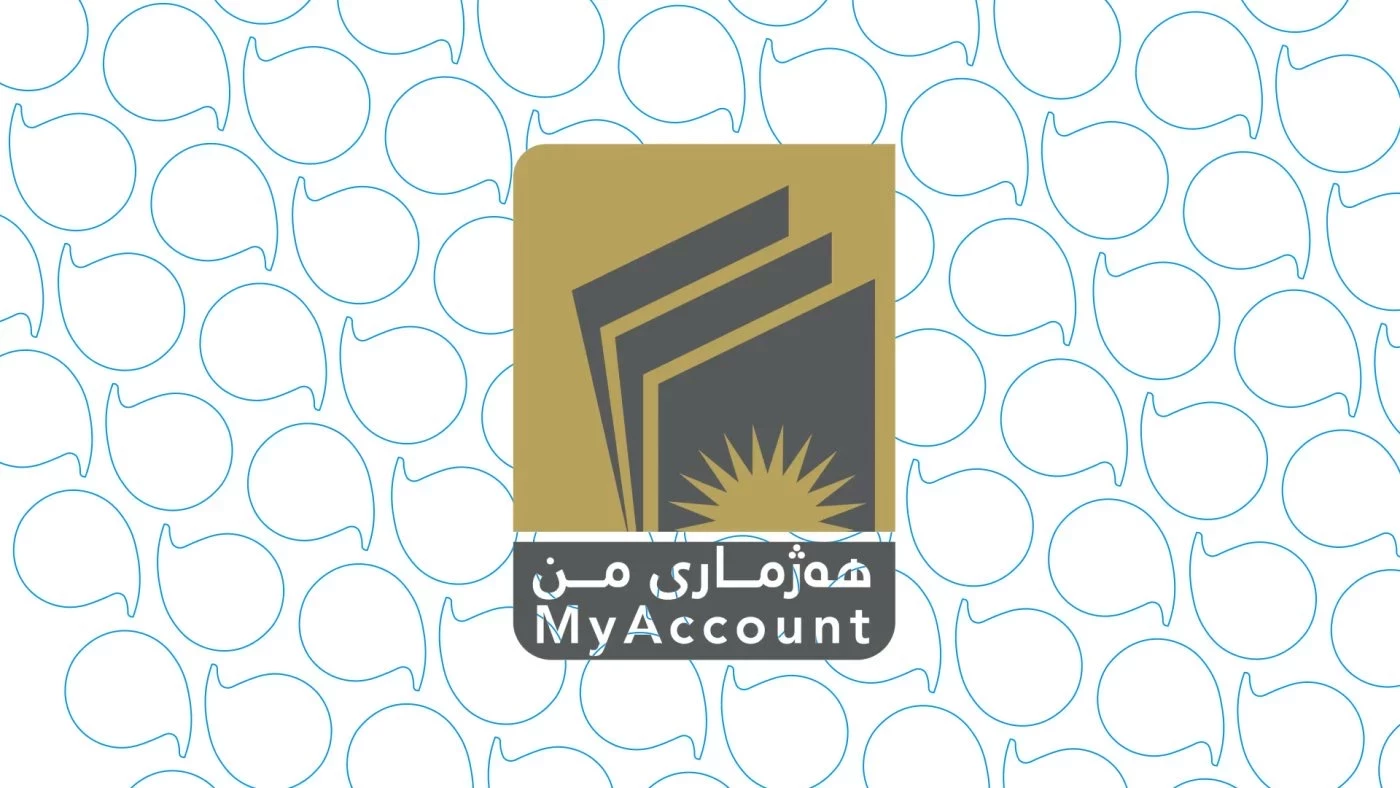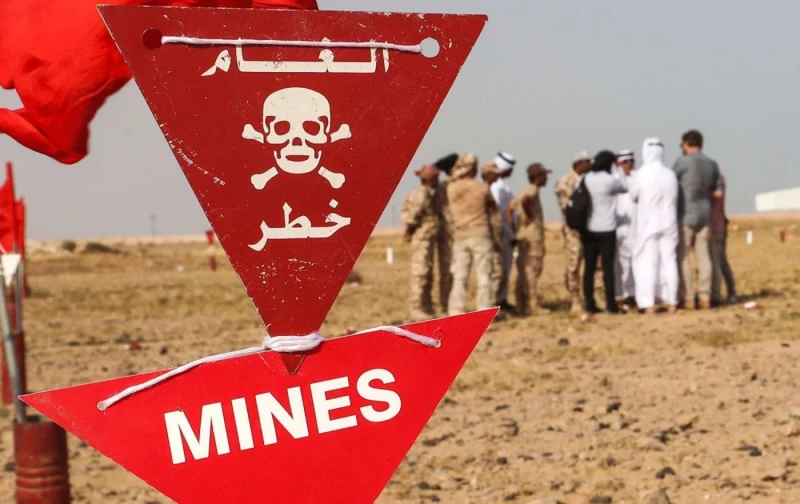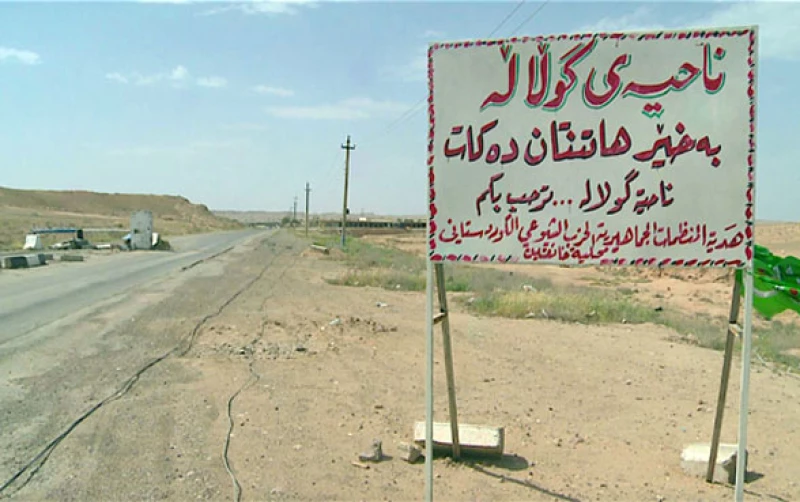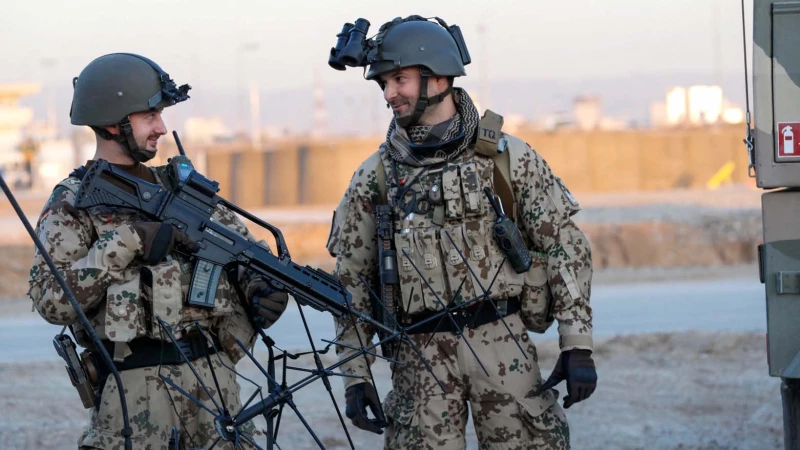ERBIL, Kurdistan Region of Iraq - The Kurdistan Region’s finance ministry on Monday announced that the International Development Bank (IDB) will no longer be part of the KRG’s MyAccount project due to restrictions imposed by the Central Bank of Iraq on the IDB’s ability to operate US dollar transactions.
“The KRG [Kurdistan Regional Government] Ministry of Finance and Economy announces that the International Development Bank (IDB) will no longer participate in the MyAccount programme, following restrictions imposed by the Central Bank of Iraq (CBI) on US dollar transactions,” read a statement from the ministry.
“The KRG beneficiaries currently assigned to IDB will be reassigned to other participating banks. Everyone affected will be contacted directly by the MyAccount call centre,” the statement added.
Since July 2023, the US has escalated pressure on Iraq’s banking sector, targeting institutions suspected of facilitating dollar transfers to Iran. Dozens of Iraqi banks have been barred from opening dollar accounts or conducting international dollar transfers accordingly, amongst them is the IDB.
The US move, aimed at curbing currency smuggling to Tehran and limiting financing for Iran-backed proxies, forced the sanctioned banks to operate solely within Iraq. Services like international credit card use were immediately restricted.
Iraq has also banned cash withdrawals and transactions in the US dollar since January 2024, in an effort aimed at controlling the continued decline of the Iraqi dinar’s value against the US dollar.
Iraq’s state-owned Rafidain Bank in August struck a partnership deal with the American K2 Integrity company in the fields of consultation and oversight, with combating "terrorist financing" being one of the services provided.
Earlier this year, a White House memo emphasized stricter measures against Iran, which has fueled calls within the US political establishment to sever financial support for Iraqi entities suspected of transferring funds to Iran and impose sanctions on key institutions. Iraqi state-owned Rafidain Bank was at the time singled out due to allegations that it enables money transfers to Iran and Iran-backed armed groups.
In February, Trump signed a national security presidential memorandum, restoring his maximum pressure policy on Iran and detailing a series of new economic measures against the Islamic republic. The memo directed US agencies to strengthen financial restrictions by maintaining countermeasures within the Financial Action Task Force (FATF), tightening regulations on revenue channels, and increasing compliance requirements for financial institutions dealing with Iran.
The document explicitly called for preventing Iran from using Iraq’s financial system to evade or circumvent US sanctions. It also directed US authorities to ensure that Gulf nations are not used as transshipment points for sanction evasion, signaling a broader crackdown on illicit financial flows in the region.
Months later and in June, in a bid to save the state-owned bank from sanctions, the Iran-backed Popular Mobilization Forces (PMF) said that their beneficiaries would start receiving their salaries from an alternative bank to Rafidain.
A PMF commander at the time told The New Region that the US Treasury was directly responsible for the delay in PMF salaries, adding that the Treasury had informed the company managing PMF salaries that it must either withdraw from the process or face sanctions.



 Facebook
Facebook
 LinkedIn
LinkedIn
 Telegram
Telegram
 X
X


